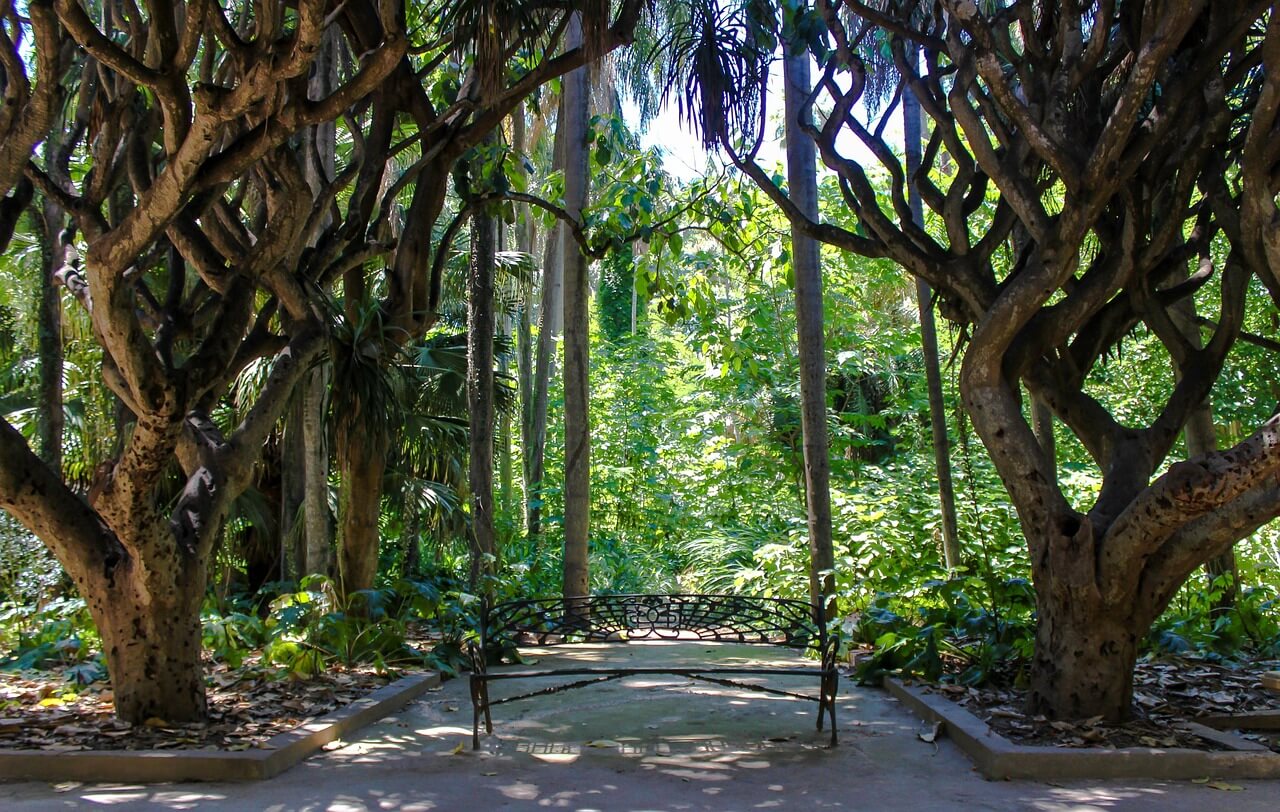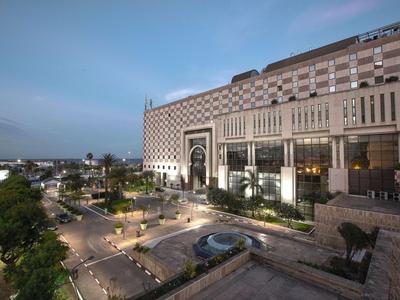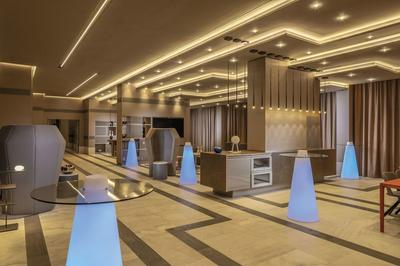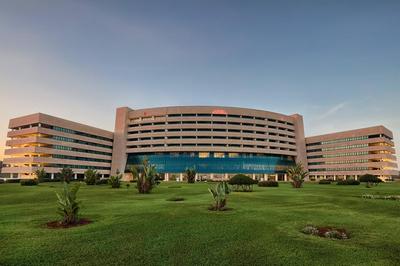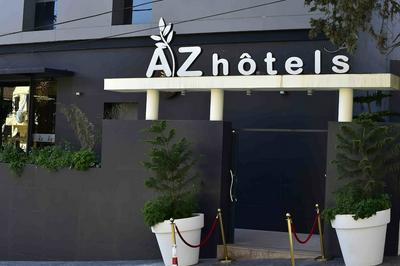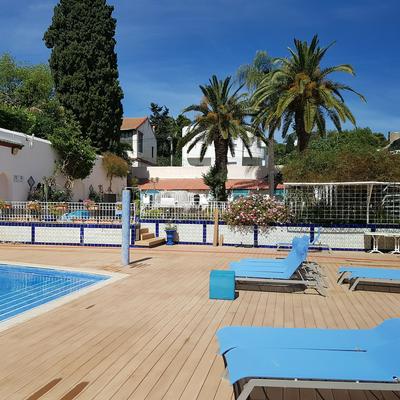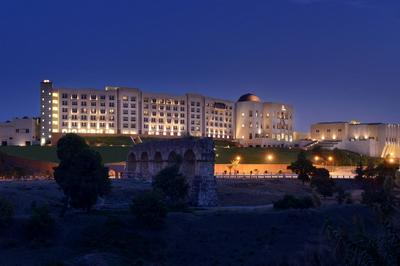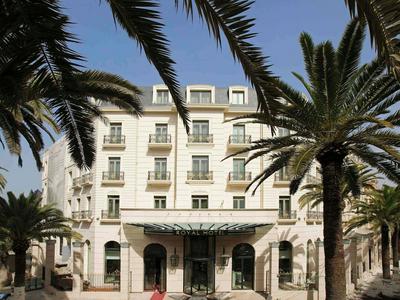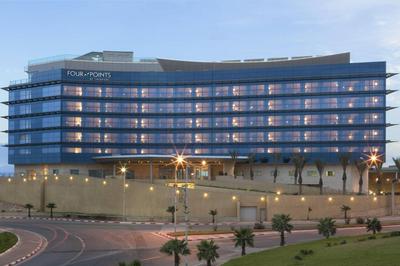When to visit Algeria during the year?
Algeria experiences a Mediterranean climate along its coastal regions, characterized by hot, dry summers and mild, rainy winters. The best time to visit is during spring (March to May) and autumn (September to November) when temperatures are comfortable, averaging around 20-25°C (68-77°F). During summer, the Saharan regions can reach scorching highs of 40°C (104°F), attracting few visitors, while coastal areas see crowds enjoying beaches like El-Madania. Winter offers a unique experience in the Sahara, where temperatures can drop significantly at night. Popular activities include exploring cities like Algiers and Oran in spring or autumn, ideal for sightseeing and local festivals.
How to get to Algeria?
Algeria, the largest country in Africa, is accessible through various transport modes. For international travelers, flying is the primary choice. A comprehensive network of bus and train routes serves major cities, while driving is also an option for those wishing to explore at their own pace.
- Main airports include Houari Boumediene Airport in Algiers and Oran Ahmed Ben Bella Airport.
- Major international routes connect to Europe (Charles de Gaulle Airport, France), Africa (Cairo International Airport, Egypt), Asia (Doha Hamad International Airport, Qatar), North America (John F. Kennedy International Airport, USA), and Australia (Sydney Kingsford Smith Airport).
- Low-cost airlines such as Air Algerie operate many routes, with flights typically taking around 2-3 hours from Europe.
- Main stations are located in Algiers and Oran.
- Buses connect cities like Tlemcen, Annaba, and Constantine, providing an economical travel option.
- Algeria has limited international train services, primarily connecting to Morocco.
- Internal routes link major cities, with train rides taking several hours.
- Main highways include the East-West Highway and the North-South Highway.
- Distances from neighboring countries vary; for example, it’s about 1,600 km from Paris via road.
- While tolls exist, overall road conditions can vary, with urban roads generally being well-maintained.
Tourist activities in Algeria
Algeria offers diverse tourist activities that cater to all interests, from ancient history and architecture to stunning natural landscapes. History enthusiasts will find rich relics in cities like Timgad and Djemila, boasting impressive Roman ruins. Culture lovers should not miss the vibrant Kasbah of Algiers or the traditional music scene in Oran, known for its raï music. Nature lovers can explore the breathtaking Sahara Desert, where adventures include camel trekking and stargazing in the clear night sky. Coastal towns like Annaba offer beautiful beaches and water sports, while the Kabylie region provides hiking opportunities through lush mountains. In addition, visitors can immerse themselves in local traditions by participating in festivals like the Date Festival in Biskra or Eid celebrations across the country. Each region showcases unique flavors of Algeria’s traditions, landscapes, and hospitality, making it an unforgettable travel destination.
Accommodation in Algeria
Accommodation in Algeria varies from luxury hotels to budget guesthouses, appealing to different travelers. In urban areas such as Algiers and Oran, international chains like Hilton and Sheraton offer comfortable stays ranging from $80 to $200 per night. For a more authentic experience, consider staying in a traditional riad or local guesthouse for around $30 to $60. Coastal resorts like those in Skikda and Bejaia offer summer accommodations, often bustling with vacationers, while the Sahara region features unique lodgings like desert camps. Prices often fluctuate based on the season, with peak tourist months (summer and major festivals) seeing higher rates. Travellers should book in advance during these times for the best experiences.
Food in Algeria
Algerian cuisine reflects a diverse blend of Berber, Arab, and French influences. Traditional dishes include couscous, often served with meat and vegetables, and tagine, a slow-cooked stew. Harira soup is popular for breaking fast during Ramadan, while pastries like baklava and makroud satisfy sweet cravings. Enjoying a meal at a local restaurant typically costs around $5 to $15. For authentic flavors, souks and local markets offer street food options such as sandwiches filled with merguez sausages. Don't forget to sip on sweet mint tea, a staple in Algerian hospitality. Exploring the local food scene is a flavorful journey into the country's rich cultures.
Important numbers and information
- Police: 17
- Ambulance: 14
- Fire Brigade: 22
- Embassy of your country can typically be contacted through their respective websites.
- Main airports: Houari Boumediene Airport, Algiers (address: BP 3, El-Madania, Algiers 16000); Oran Ahmed Ben Bella Airport (address: Oran, 31000).
- Currency: Algerian Dinar (DZD); credit cards are widely accepted in big cities.
- Visa: Most travelers need a visa; check requirements from your home country.
- Passport: Ensure your passport is valid for at least six months beyond your planned stay.
What to see in Algeria?
Algeria is home to a wealth of attractions that make it a unique travel destination. Notable cities include Algiers, with its historic Kasbah, a UNESCO World Heritage site, and Oran, known for its lively music scene. The ancient Roman ruins of Timgad and Djemila are a must-visit for history buffs, offering a glimpse into Algeria's rich past. The Sahara Desert captivates with its vast dunes and places like Erg Chebbi and Ghardaïa. The Tassili n'Ajjer National Park features stunning rock formations and prehistoric art, while the coastal town of Bejaia boasts beautiful beaches and vibrant culture. Each of these areas highlights Algeria’s diverse landscapes and heritage, showcasing why it's worth seeing.
History, geography and climate
Algeria's history spans from ancient civilizations to French colonization, leading to a rich and complex narrative. The geography features a vast expanse, including the Sahara Desert, the Mediterranean coastline, and the Atlas Mountains, creating a diverse landscape. The climate varies significantly; coastal areas enjoy mild, wet winters and hot, dry summers, while the southern regions experience extreme temperatures, especially in summer. Average summer temperatures can soar above 40°C (104°F), while winter temperatures in the north can dip to around 5°C (41°F). Understanding Algeria’s geography and climate helps visitors plan the best times for exploring its many wonders.
Population and culture
Algeria has a population of around 44 million people, predominantly Arab-Berber, showcasing a complex cultural identity. Arabic is the official language, with Berber recognized as a national language, reflecting the country's rich heritage. Islam plays a central role in daily life and cultural practices. Algeria celebrates numerous traditional holidays, such as Eid al-Fitr and Eid al-Adha, along with cultural events like the Festival of the Sahara. Unique practices, like traditional music and dance, highlight the diversity found across the regions. Local crafts, such as pottery and weaving, also showcase the country’s artistic traditions, making Algeria a vibrant and culturally enriching destination.
